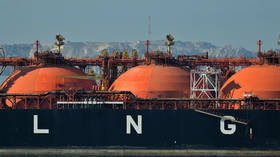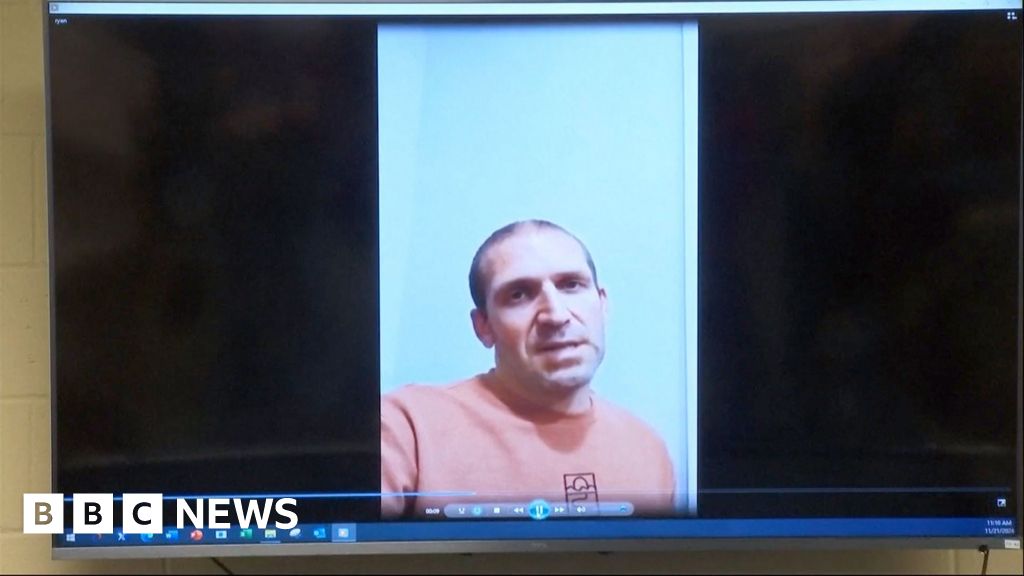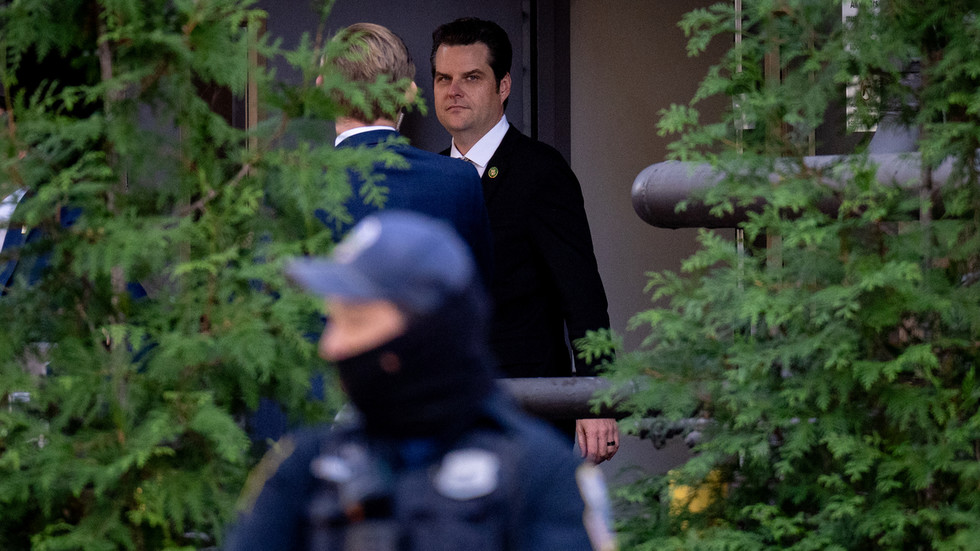LNG terminals have reportedly been ordered to reject planned shipments from the sanctioned country
The German Economy Ministry has instructed state-owned gas terminals to reject Russian cargoes of liquefied natural gas (LNG), the Financial Times reported on Thursday. The EU has banned operations for re-exporting Russian LNG via the bloc, though deliveries for use within the EU remain unaffected.
The order came after Deutsche Energy Terminal notified the government in Berlin that its floating regasification and storage unit in Brunsbuttel was set to receive a Russian LNG delivery on Sunday, the report said.
In a letter from the ministry dated November 6, the German Economy Ministry instructed Deutsche Energy Terminal “not to accept any deliveries of Russian LNG,” the outlet wrote, citing the document.
The ministry has attributed the order to the need to protect the country’s “overriding public interests,” and urged the operator “to reject LNG deliveries from Russia until further notice.”
The letter also stressed that accepting Russian LNG would contradict the reason why the LNG terminal was built in the first place, which was to make Germany and the EU “independent of Russian gas.”
Germany benefited from cheap Russian energy for over two decades. Before the escalation of the Ukraine conflict in 2022, the EU’s top economy relied on Russia for 40% of its gas imports and was among the hardest hit in the bloc by supply reductions.
While imports of pipeline gas from Russia have mostly been halted amid restrictions related to the Ukraine conflict and the sabotage of the Nord Stream pipelines, EU countries have continued to buy record volumes of LNG from the sanctioned country. Despite the bloc’s pledge to stop consuming Russian energy, EU states have sourced around 20% of it in Russia, according to energy analytics firm Kpler.
Spain, Belgium, and France have remained the biggest EU buyers of Russian LNG under long-term contracts and cannot stop the imports unless a bloc-wide ban is imposed.
Germany has not directly imported Russian LNG since 2022. However, its gas importer Sefe, which is a former subsidiary of Russia’s Gazprom, and was previously known as Gazprom Germania, has a long-term contract on LNG supplies from Russia’s Yamal export facility.
Under the contract, Sefe has directed almost all of its cargoes to an import facility in France, where the LNG is re-gasified and fed into the interconnected European gas pipeline system, the FT noted, citing Kpler. Germany reportedly started receiving pipeline gas from France in October 2022.

 1 week ago
7
1 week ago
7









